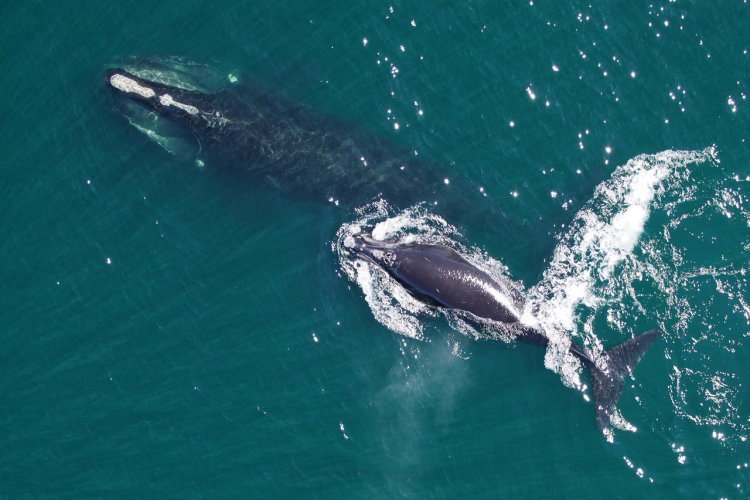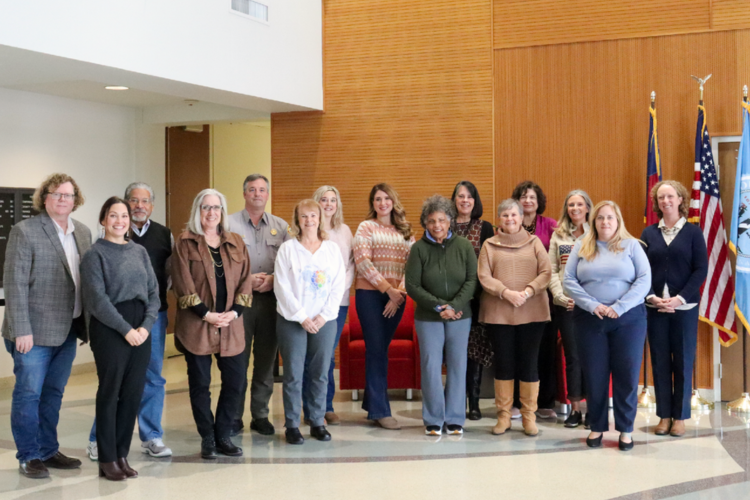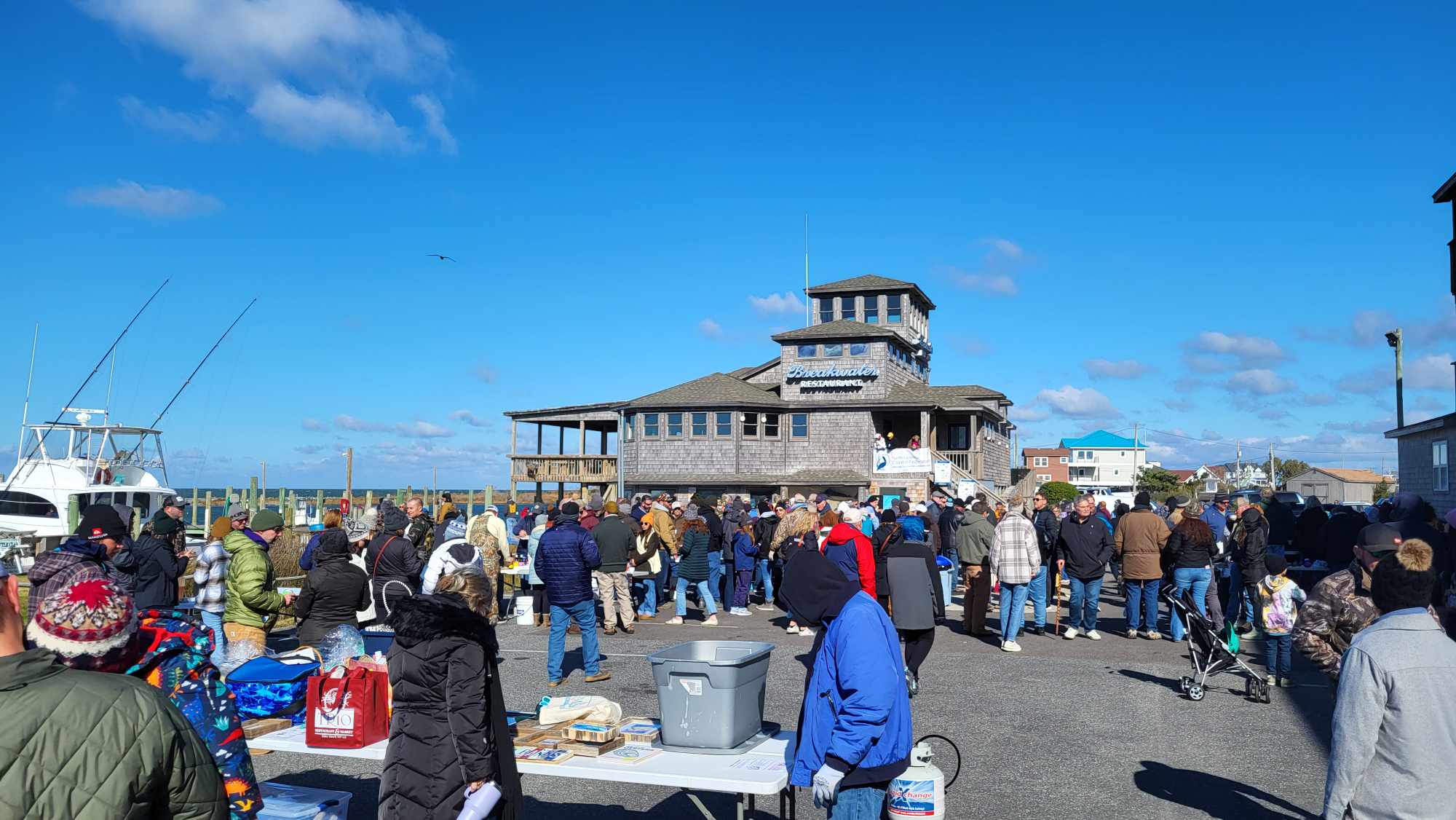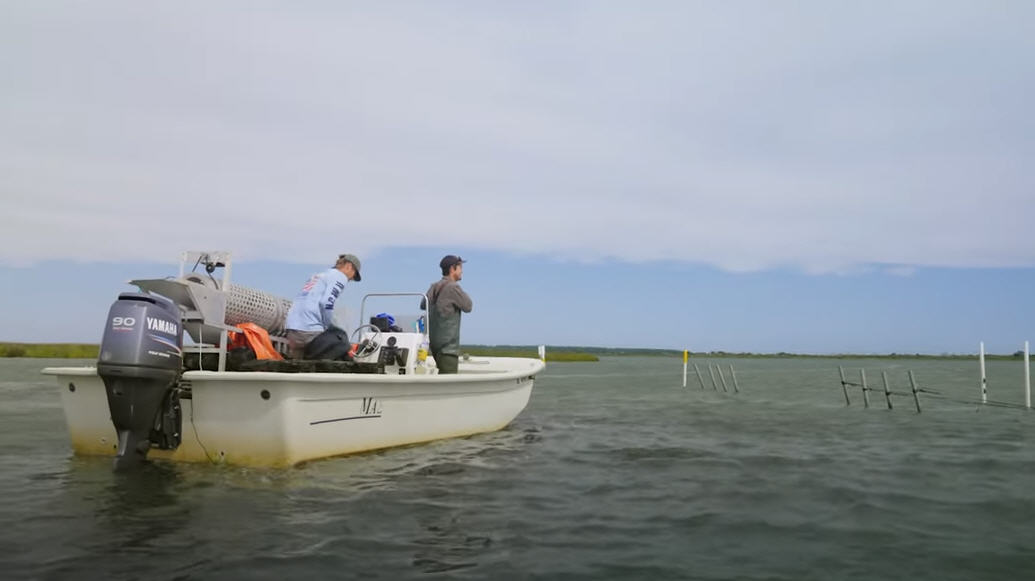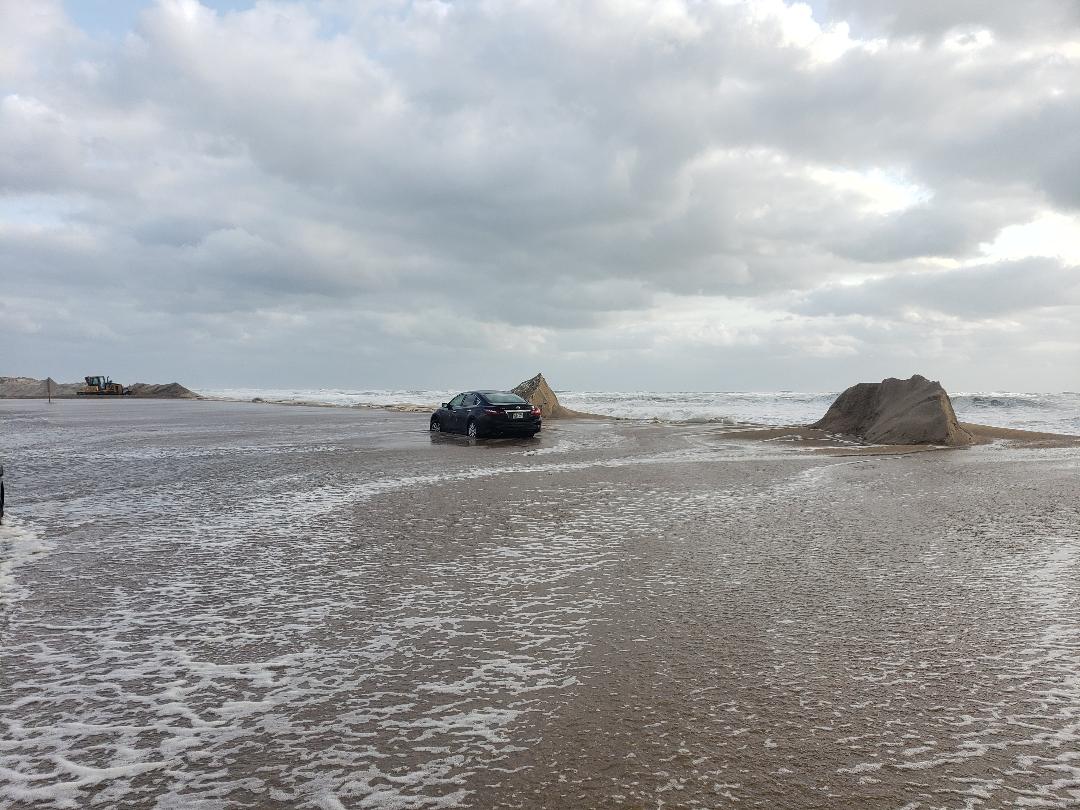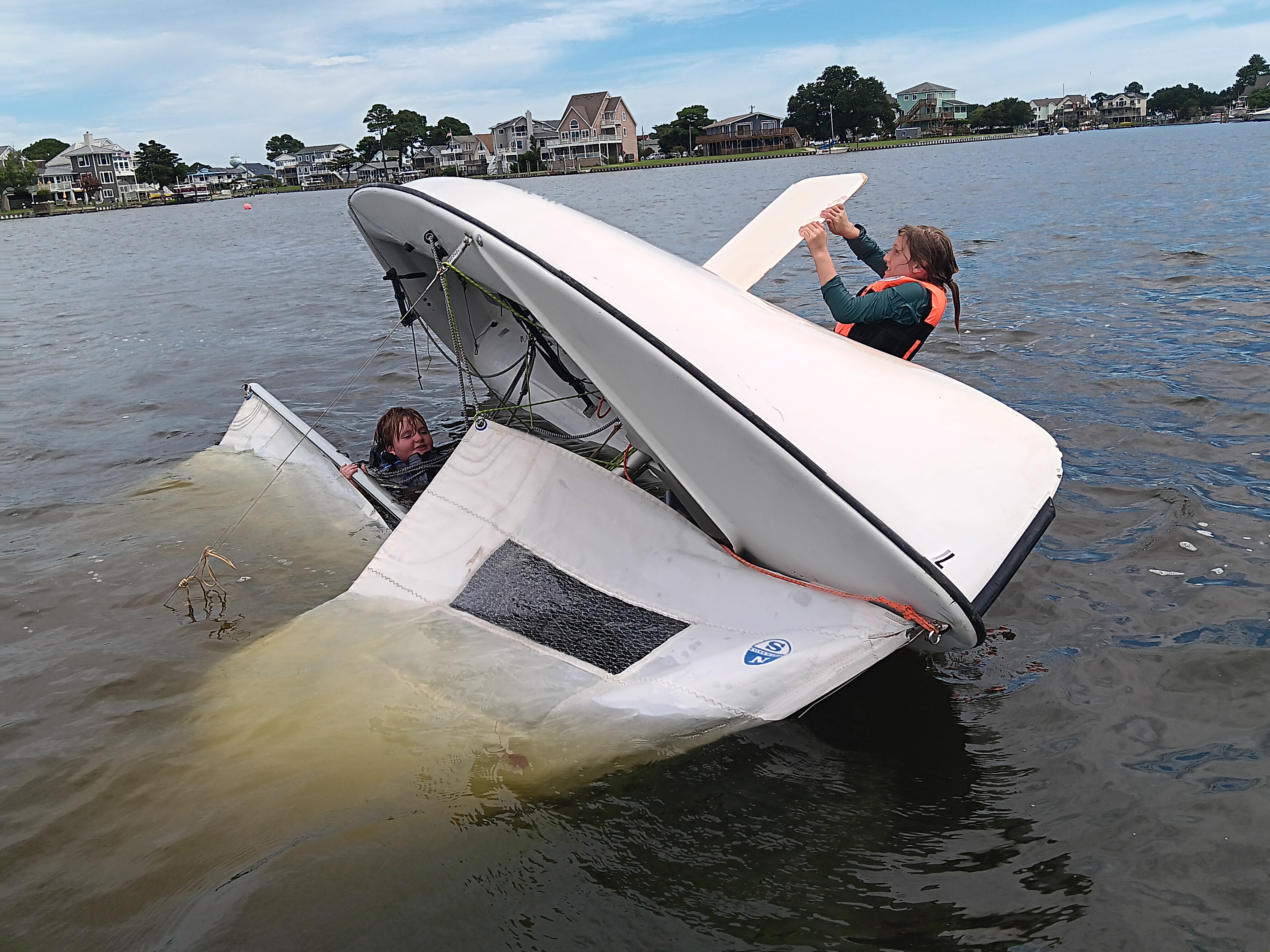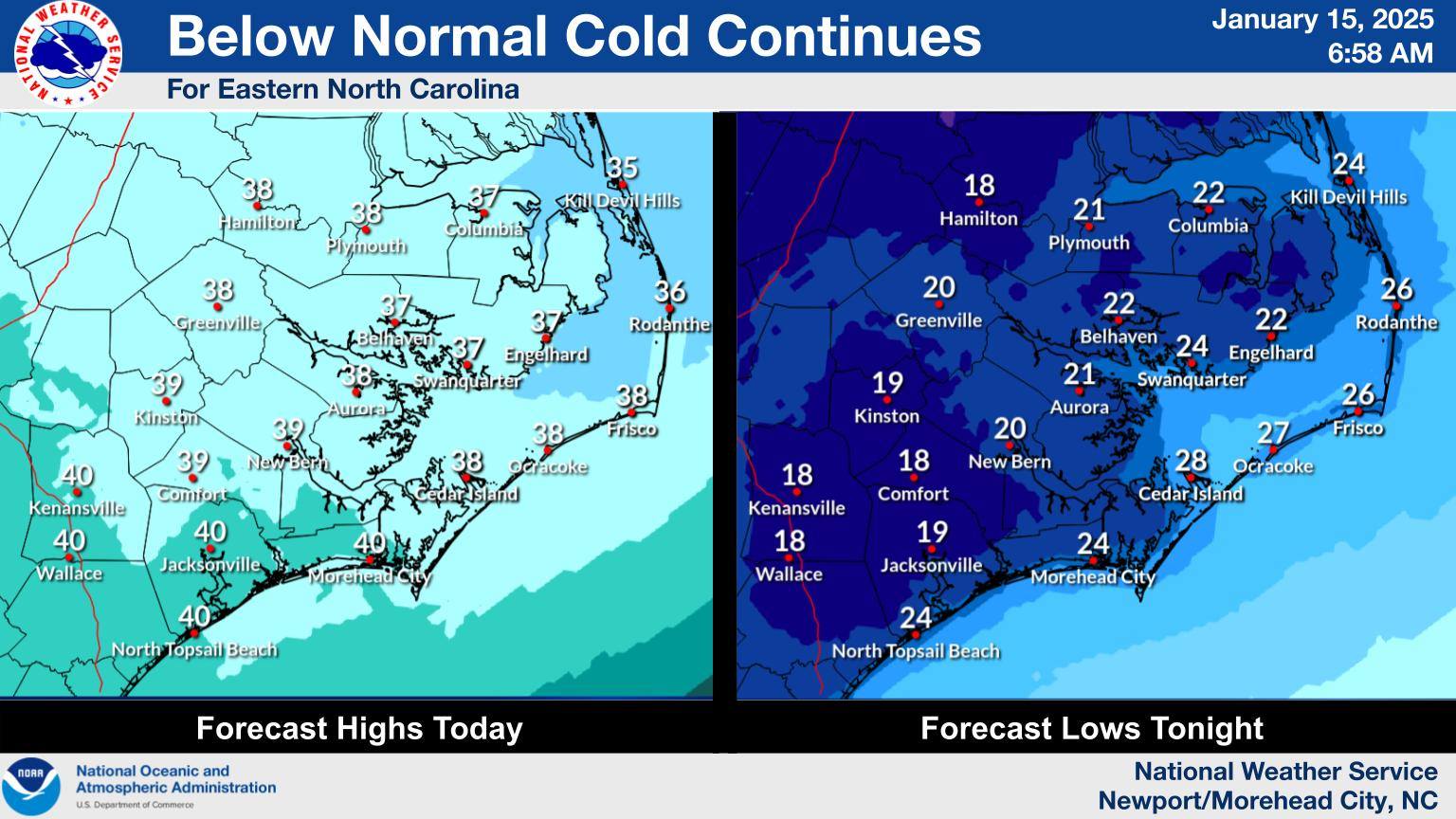 Eastern North Carolina has experienced many storms in recent decades.
Eastern North Carolina has experienced many storms in recent decades.
Dynamics of Extreme Events, People and Places (DEEPP) would like to understand how families and communities prepare for, are affected by, and recover from these events.
One of the best ways to do this is to ask people directly.
DEEPP is launching a survey in six communities affected by Hurricanes Matthew, Florence and Dorian. Interviewers will be on Ocracoke and the mainland in October and November to talk to islanders on the following topics:
● storm impacts on property
● disruptions of day to day life
● access to recovery programs
● stress felt during and after storms
● how neighbors help each other get through challenging times
● attitudes about the future
This survey is one part of the larger DEEPP project which brings together social and environmental scientists and engineers, said Dr. Elizabeth Frankenberg, project director.
“Our broad goal is to understand the environmental, economic, social and psychological impacts of flooding in Carolina communities,” she said.
DEEPP will combine the survey data with satellite imaging, flood mapping and storm surge mapping in order to provide communities and policy makers with information they can use in preparing for and recovering from these disasters.
“We hope our work will help North Carolinians and other residents of flood-prone areas in the United States,” Frankenberg said.
Please email questions, comments or suggestions to DEEPP@unc.edu.
DEEPP is a collaborative effort of the Carolina Population Center, the Institute for Marine Sciences, the Institute for the Environment, the Odum Institute, and the Coastal Resilience Center.
The project is made possible through a Creativity Hub grant from the University of North Carolina at Chapel Hill and a Growing Convergence Research award (CGR 2021086) from the National Science Foundation.


